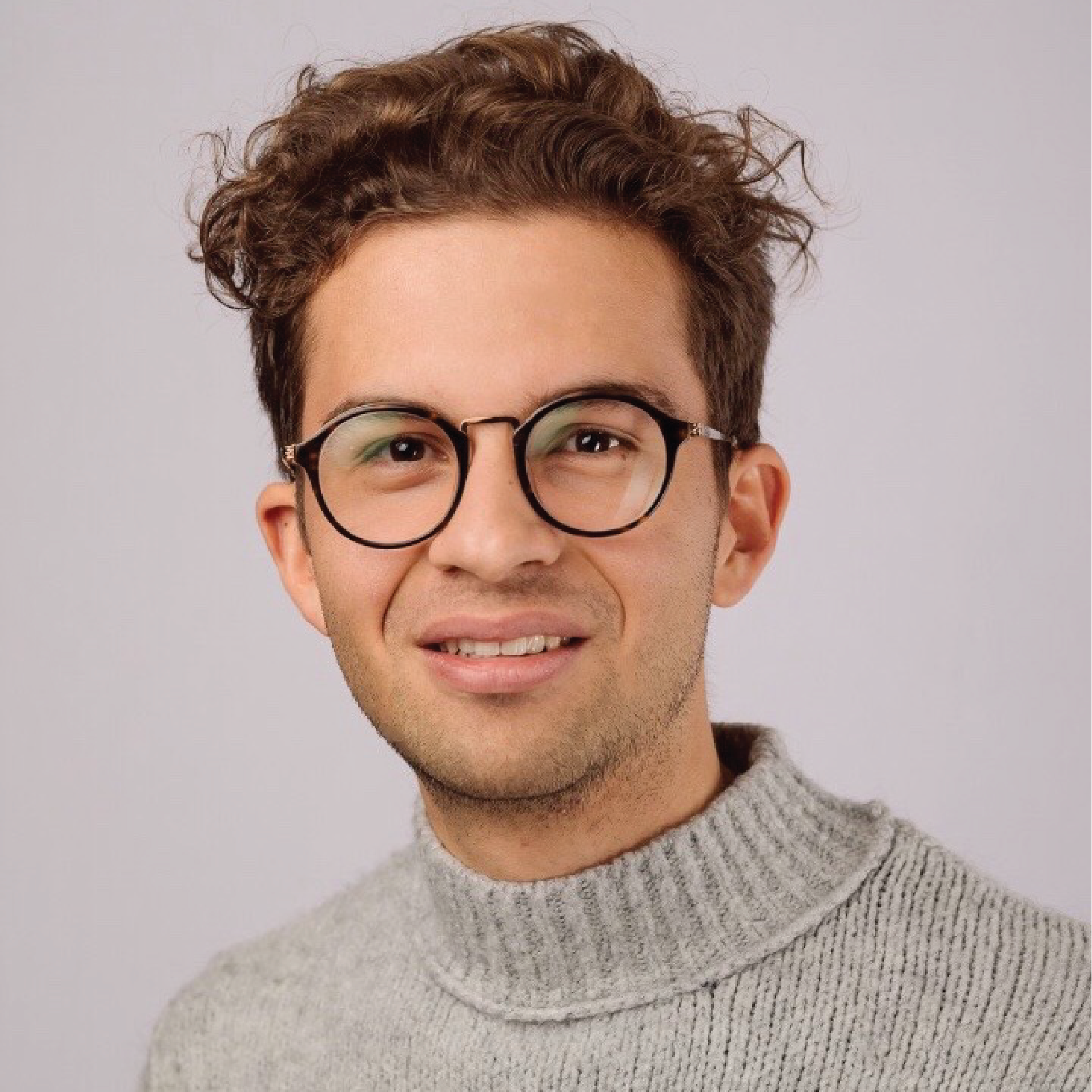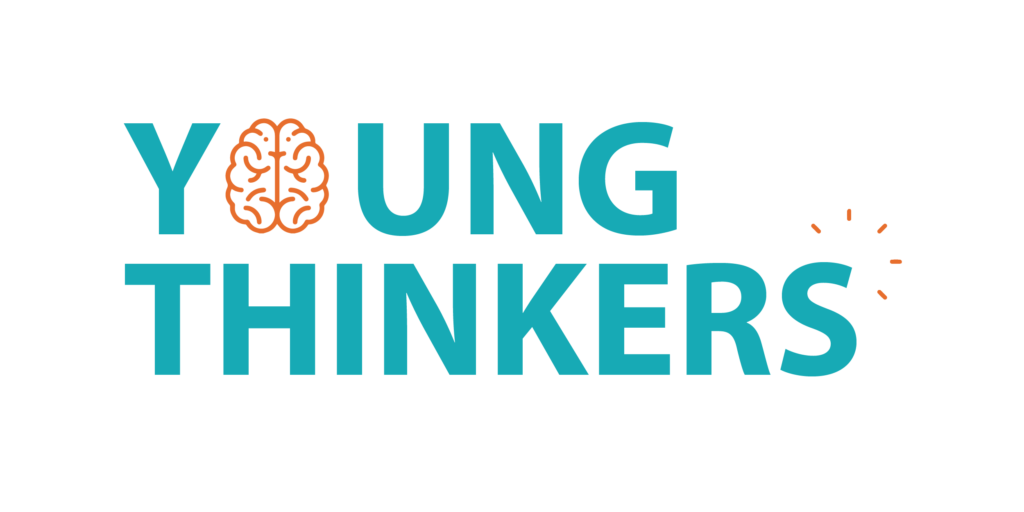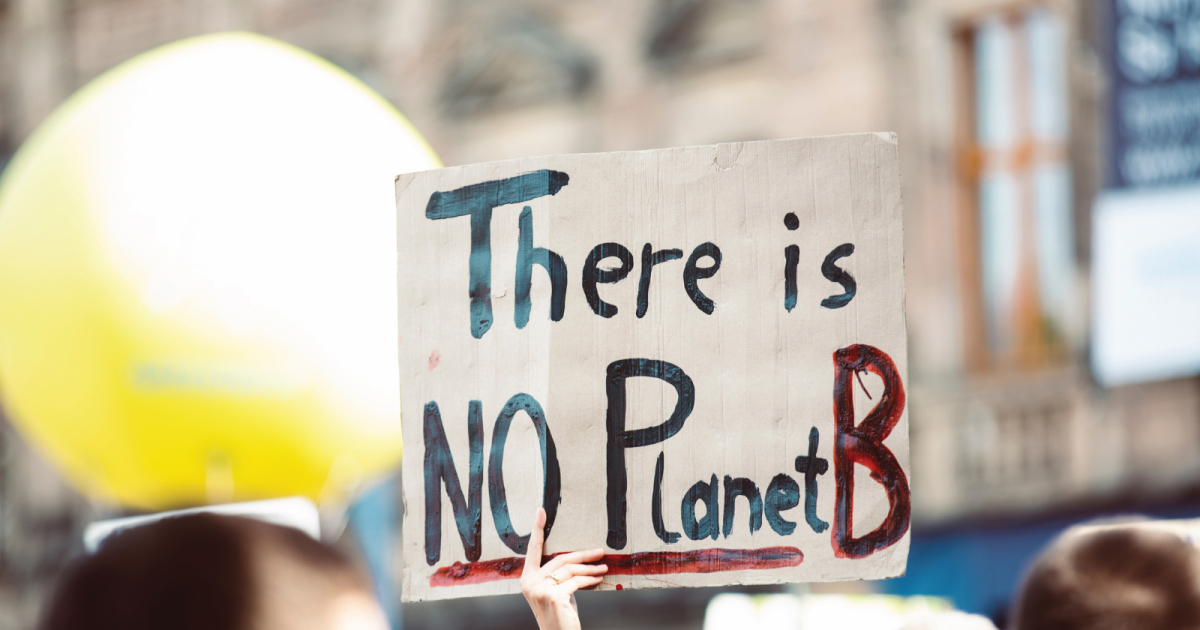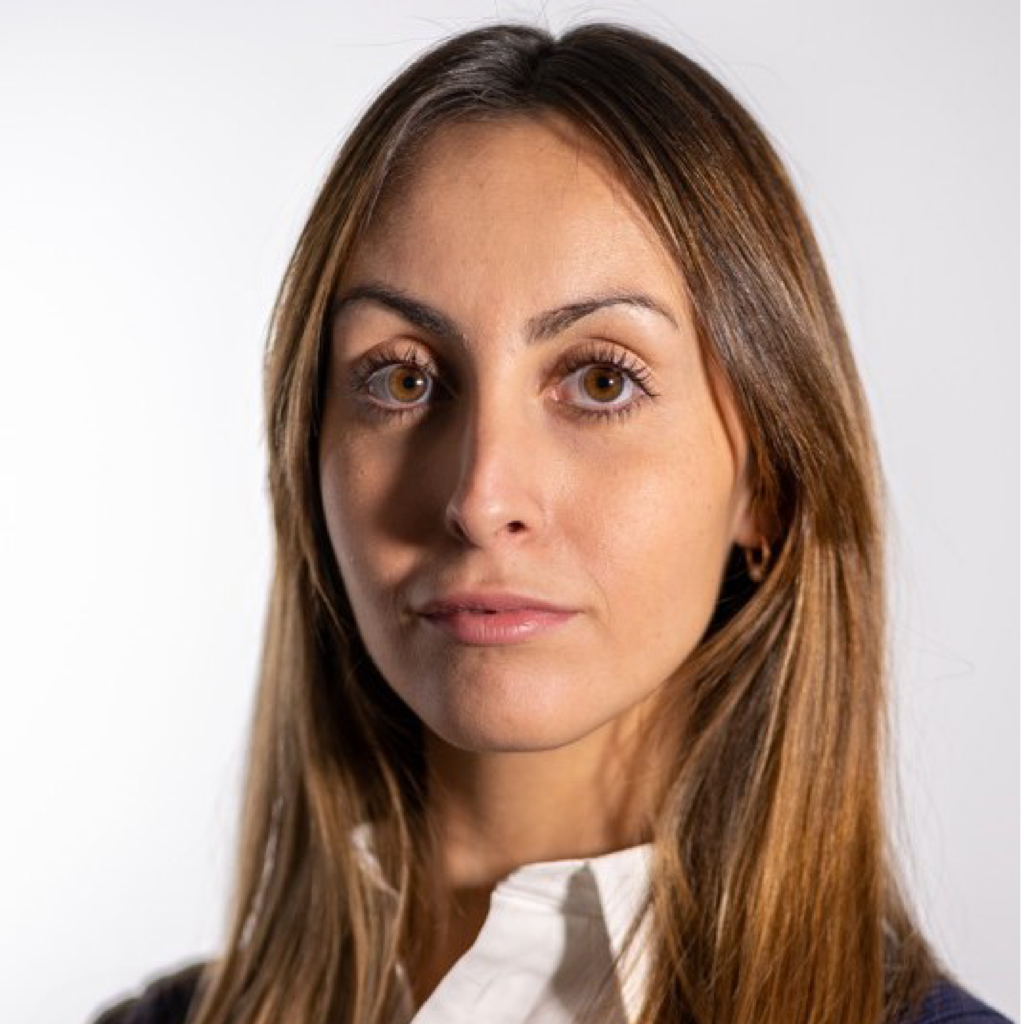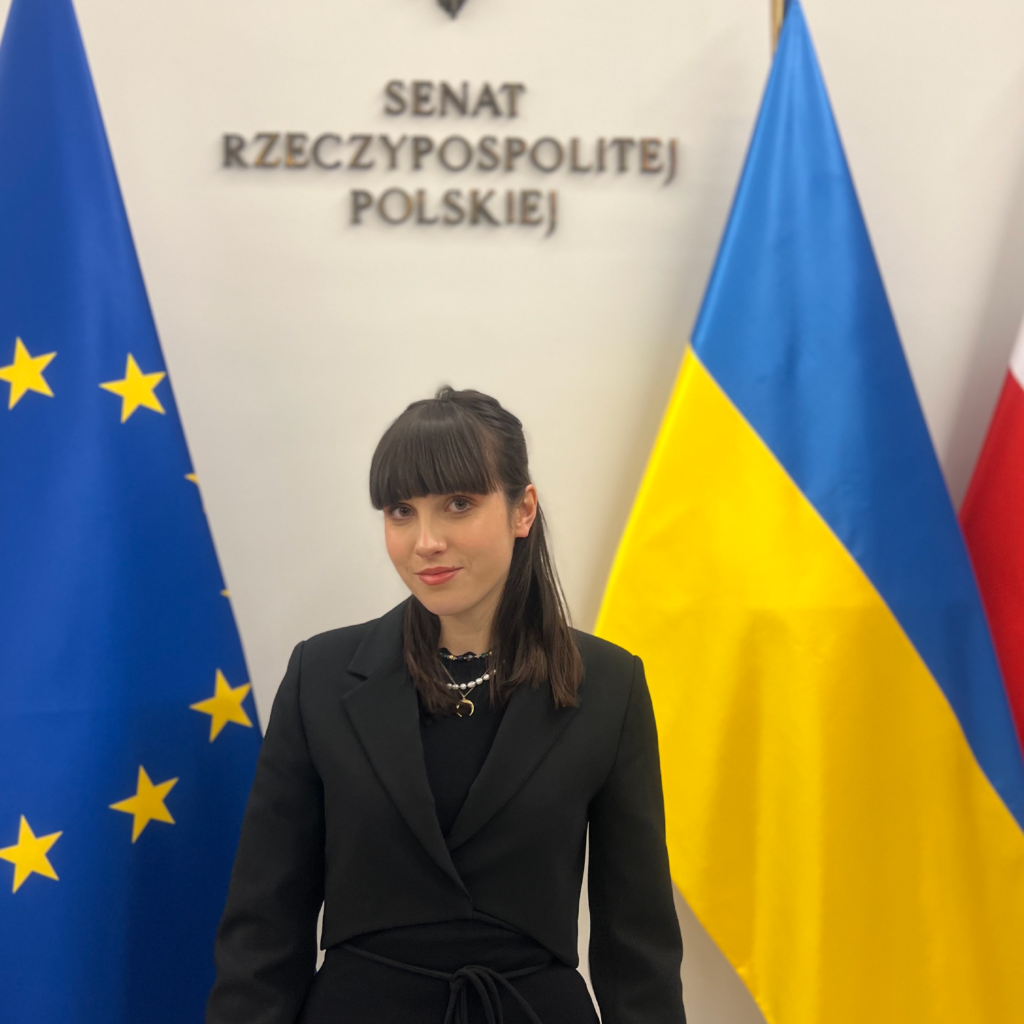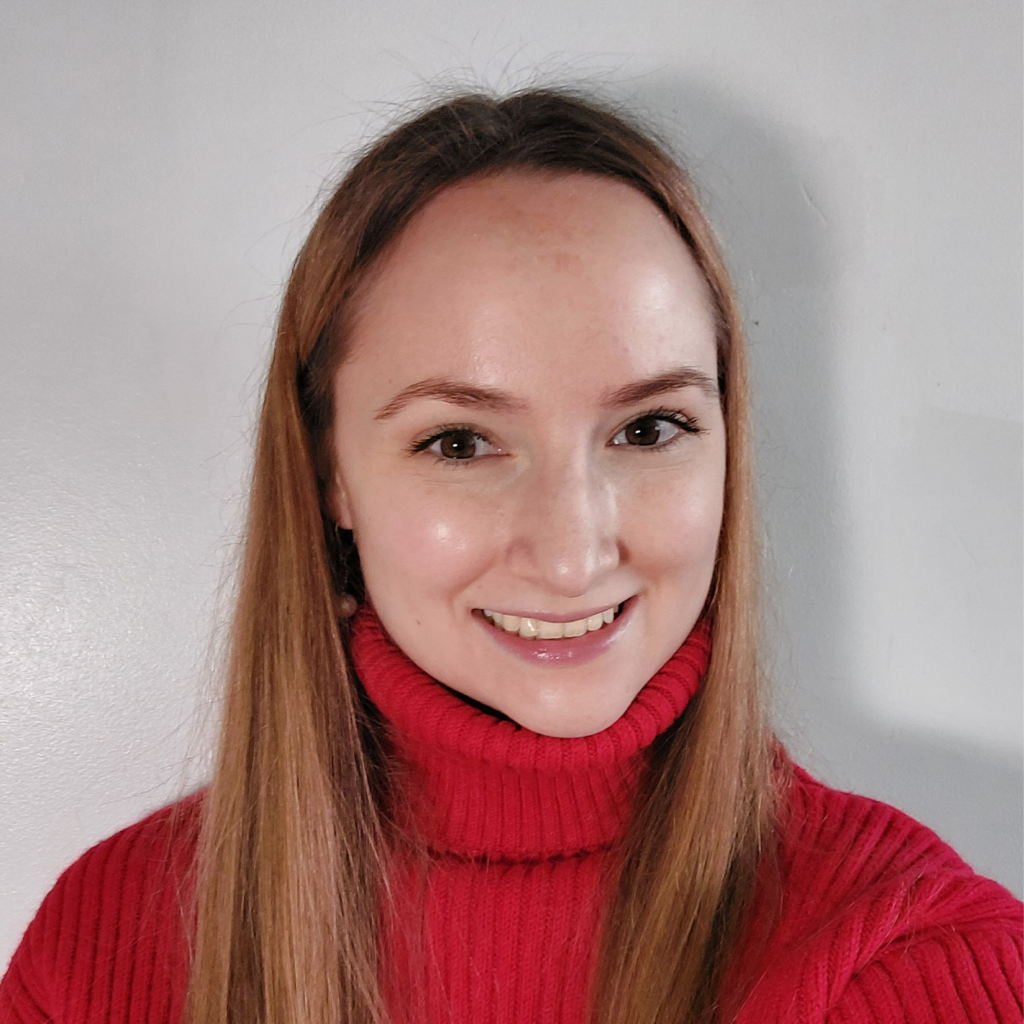COP26: disillusions, challenges and opportunities
Francisco José López
June 2022
COP26 marked a milestone in the inclusion of different voices in climate discussions. Yet climate action needs to go beyond what was agreed upon. Moreover, younger generations will be at the core of the debate because of our self-interest in having a sustainable planet.
What happened in Glasgow?
Are we to agree that climate change is the most pressing global challenge that we, as humanity, are facing right now? At COP26, leaders who were willing to cooperate and engage in ambitious targets talked with those who were at the COP for the photo ops. And of course, there were others who fell in the middle of this continuum.
But this COP was different because it involved many non-traditional actors, even if they were not part of the hard-core intergovernmental negotiations. Indigenous peoples, young activists and civil society organisations have never been so central to the discussions as they were in Glasgow. Representation of marginalised communities – especially given that they are the ones most affected by climate change – is vital for the policy debate and for giving a face to the effects of the climate crisis. Global media attention often turned to these groups, helping them to gain a momentum that was exploited to make their demands visible.
Similarly, a key player that was particularly active at this COP was the private sector, which used the event as a platform to launch different climate action programmes and individual commitments. These commitments are crucial as the private sector, unlike countries, does not need a consensus mechanism to commit to targets, and in many countries carbon emissions mostly come from private sector entities. Evidently, it is questionable whether one should rely on enterprises to commit to climate goals before agreeing on intergovernmental policies. But it is also true that as the discussions at the COP slowed down, private sector commitments represent a – perhaps disappointing but real – outcome.
This issue shows the reality of the COPs, the UN and global governance: it is extremely difficult to work under consensus mechanisms. Intergovernmental negotiations, even when not relying on consensus, are lengthy and often end up with ambitious and country-specific goals. The global governance system is having a difficult time in dealing with global threats such as climate change, or even more specific situations like the handling of Russia’s invasion of Ukraine.
Other possibilities arise for responding to the need for international cooperation. When it comes to climate action, during COP26, the EU and the US launched the Global Methane Pledge, a multilateral platform that countries can join for reducing methane emissions. Still, one faces the question of the effectiveness of COP26-like negotiations: they may be very useful in bringing together different actors, but often lag behind in generating global agreements that fully address the climate crisis.
Despite the lack of an agreement to limit global warming to 1.5°C above pre-industrial levels, Glasgow’s negotiations were reasonably fruitful. For instance, countries established a framework for a global carbon market, a product of the previously written Article 6 of the 2015 Paris Agreement. Yet, the ‘carbon market’ that will be created is destined to function more as a mechanism to coordinate, mobilise and push forward climate financing for developing countries. It will do so by way of carbon offsets that can be regulated internationally. What this carbon market does not imply is a carbon border adjustment mechanism, which would deal mostly with tariffs based on the carbon intensity of a good – something soon to be implemented within the EU.
Activism and climate action
To be effective, climate action is needed today. Even if it is important to set targets that aim at future scenarios in 2030 and 2050, climate action should be focused on the present. Nor should it account for possible technologies that might help us achieve carbon and climate neutrality in the future, bringing an imaginary ‘salvation’.
Youth should be at the forefront of the policy discussions as they will bear the consequences of actions taken today. The Intergovernmental Panel on Climate Change has pointed out that the impact of climate change is already irreversible and will largely affect the world as an ecosystem for future generations.
Hence, electing governments that have a solid and ambitious climate action plan is critical, especially when diverse opinions are taken into account in policymaking. Moreover, involving people in decision-making on climate action at the global, national and local levels is key, particularly when it comes to youth. There is also a need for more participatory mechanisms, such as citizens’ panels, from which policymaking emerges.
At the same time, it is possible that the global governance system, being based on the nation-state as the primary actor, is not able to cope with the challenges that climate change poses to global cooperation and policymaking. That is why, when negotiating, one should depart from a common understanding. Thus, we return to the fundamental question: are we to agree that climate change is the most pressing global challenge that we, as humanity, are facing right now?
The author
